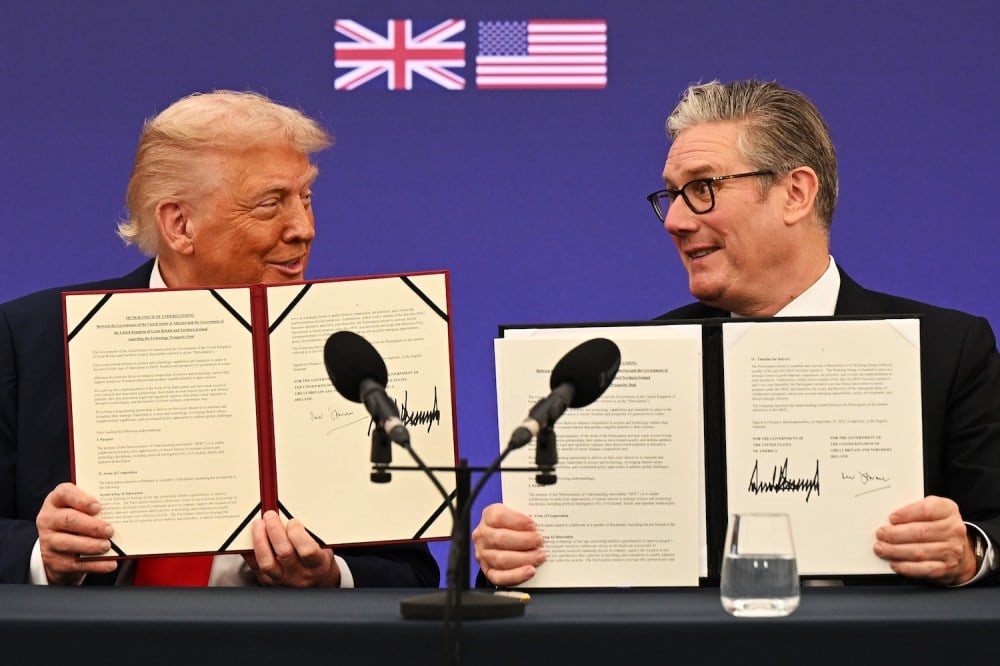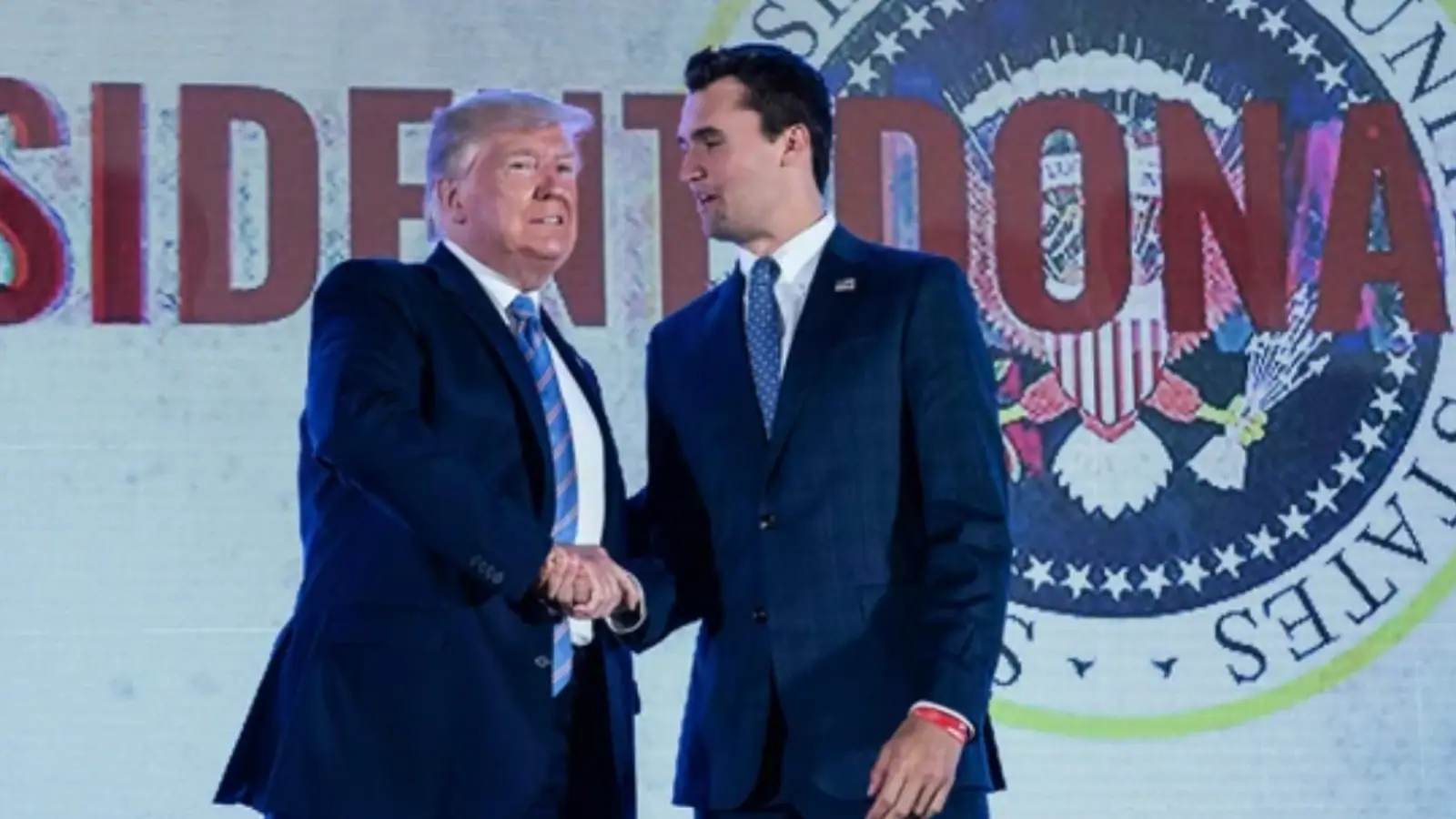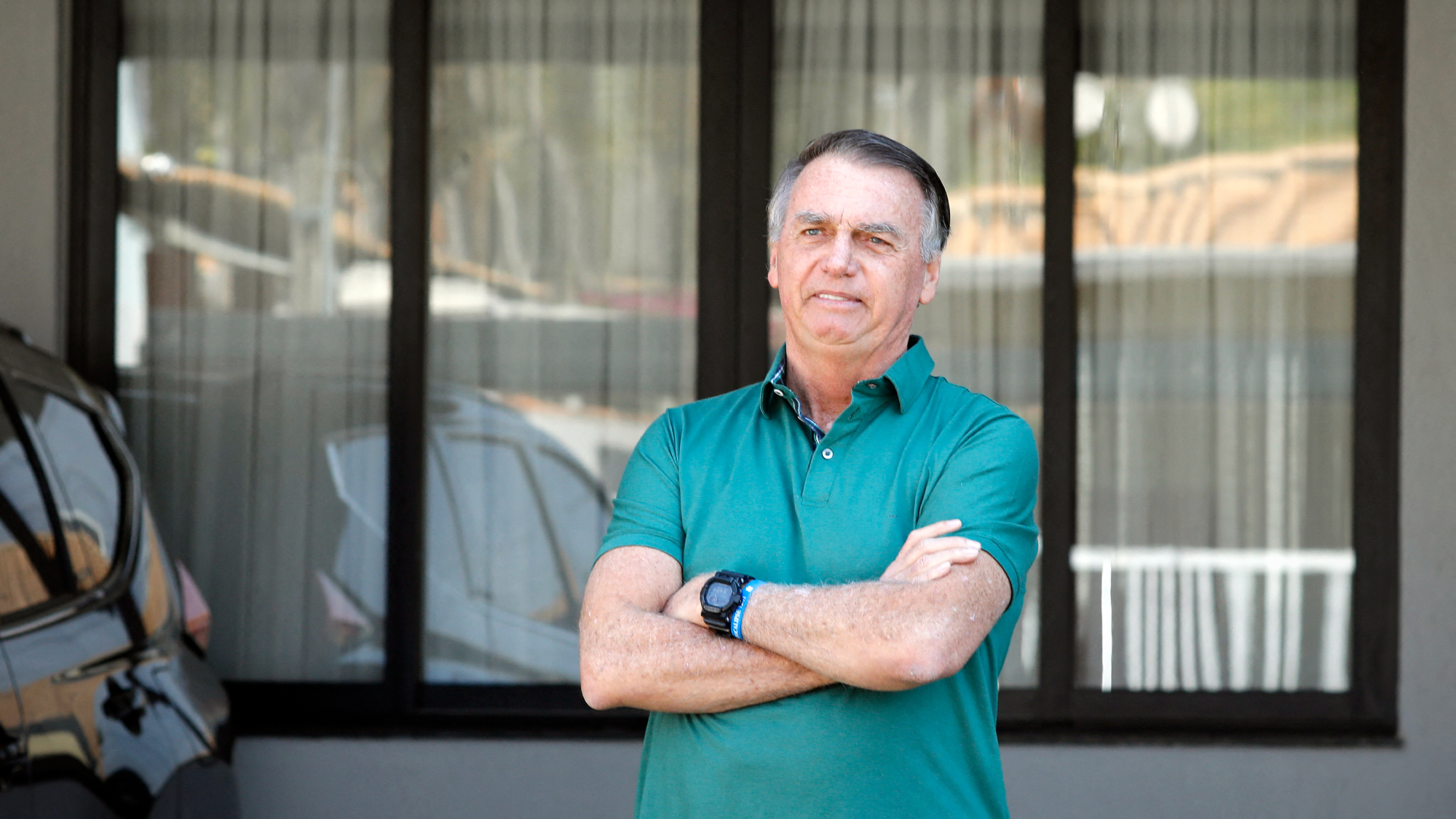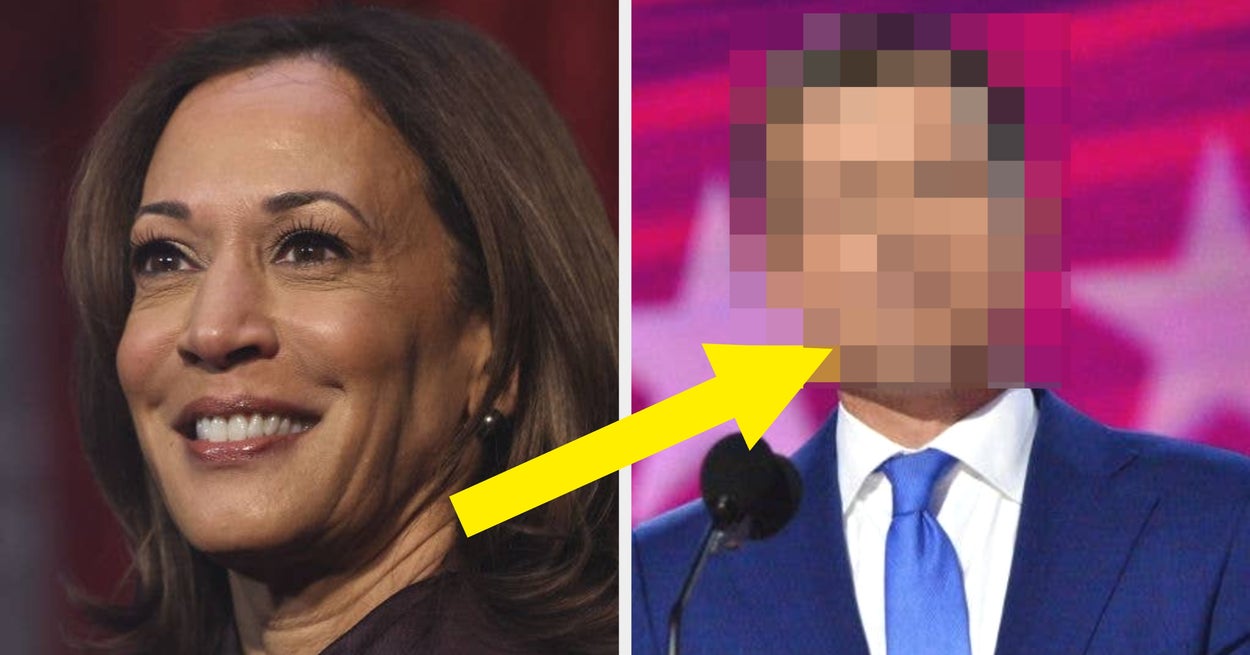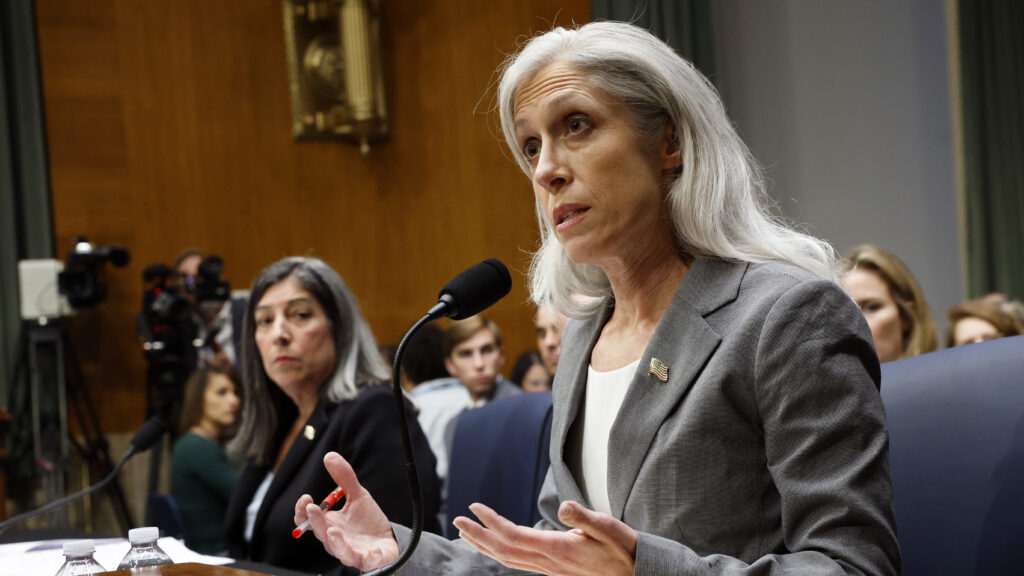
WASHINGTON — A Wednesday Senate hearing aimed to answer questions about the exodus of top leaders from the Centers for Disease Control and Prevention last month. Instead, it raised a host of new ones.
Former CDC Director Susan Monarez and former Chief Medical Officer Debra Houry detailed how health secretary Robert F. Kennedy Jr. muzzled their agency, expanded the roles of political appointees, and pushed ideas without scientific backing. All were a departure from the “radical transparency” and “gold-standard” science he promised senators, and risked making the nation sicker, not healthier, they said.
They also outlined Kennedy’s short-term plans, which could include overhauling the childhood vaccine schedule and further politicizing agencies like the CDC to reflect his beliefs and agenda. Kennedy and the federal Department of Health and Human Services have disputed the former officials’ accounts.
The hearing marks a crucial point in Kennedy’s tenure, when his views on vaccines are clearly influencing federal government policy, and potentially distancing him from important allies.
Committee chairman Sen. Bill Cassidy (R-La.), is one of those figures: He cast a deciding vote to make Kennedy health secretary, and is a supporter of the “Make America Healthy Again” vision Kennedy has laid out. But Cassidy is at odds with the secretary on vaccines, and the hearing Wednesday, as well as Cassidy’s decision to hold it at all, showed his support for Kennedy may be waning
During hours of testimony, Monarez and Houry explained how and why they came to butt heads with Kennedy. At various points, Republican senators on the committee interrogated Monarez and Houry’s stances on vaccines, and asked whether the former leaders had undermined Kennedy or President Trump’s goals, or coordinated their departures from the CDC.
Kennedy allies and opponents alike saw the hearing as a potential turning point to his leadership — and sweeping Make America Healthy Again agenda. Cassidy said his committee will continue to investigate how Kennedy has changed the CDC, including through political influences.
Here are three key moments from the hearing:
Political influence and ‘radical transparency’
Monarez described how the agency has been increasingly politicized by Kennedy — despite his pledge to remove politics from federal health agencies.
Before her firing last month, Monarez was instructed by Kennedy to only listen to and support political appointees at the CDC, and separate herself from career scientists, she testified.
Every remaining person in the CDC director’s office is a political appointee, Houry said. Houry and two other senior career staffers resigned in protest after Monarez was pushed out. Many center directors who were also career scientists have been reassigned, fired or left of their own volition, she added.
The claims that Kennedy replaced experienced researchers with political allies, limited top officials’ communication, and put pressure on leaders to accept a vaccine agenda not backed by science offer new insight into the ways in which Kennedy, who has a long history of anti-vaccine activism, is driving change across CDC.
Kennedy’s changes, the former officials argued before the Senate panel, were a departure from any previous administration and endangered the health of Americans, who — along with their doctors — rely on the agency for evidence-based guidance.
But the reforms at the agency under Kennedy’s plans were not meant to be public, Monarez said.
Monarez said Wednesday she was directed to not speak to people outside Kennedy’s staff, including to senators, despite the secretary’s insistence that he would usher in an era of “radical transparency.”
Monarez called health committee chair Cassidy and other lawmakers for help when she realized she was being pushed out.
Cassidy, entered into the record an August 19 email to Monarez from HHS Chief of Staff Matthew Buckham, in which he wrote of “the absolute need for political review of major policy decisions at CDC.” Cassidy emphasized that he was withholding judgement on the allegations surrounding political influence and secrecy in the agency until he gets more information from HHS officials.
Buckham wrote that the White House should be alerted to senior leadership changes and “policy sensitive positions.” The email was obtained independently by STAT and first reported by The Washington Post.
Throughout the hearing, Cassidy called for more transparency throughout the federal government — noting the committee had requested HHS records related to the changes at CDC. He also indicated he would ask HHS officials to testify.
HHS has not yet shared records related to Monarez’s ouster, Cassidy said.
He said, she said
The exact conversation that led to Monarez’s firing was dissected at length by senators. To recap, Kennedy alleged in a hearing earlier this month that he had asked Monarez if she was trustworthy, to which she said, “No.” The secretary said others present at the meeting could confirm his story.
On Wednesday, Monarez denied that version of events, and told senators that Kennedy was “very, very upset” and said he could not trust her. She says she then told the secretary that if he could not trust her, he could fire her.
At one point in the hearing, Sen. Markwayne Mullin (R-Ok.) set off a brief ruckus when he said the meeting between Kennedy and Monarez had been recorded, and suggested the tape refuted Monarez’s account.
Cassidy and Sen. Bernie Sanders (I-Vt.) requested access to the recording, if it exists, and questioned why only one committee member seemed to have received the tape. Mullin later told STAT he misspoke, and that “there is no recording.” (STAT has asked Mullin’s staff for any recording).
STAT previously asked HHS for documentation or interviews with witnesses to corroborate Kennedy’s version of events. HHS has not responded to that request.
Monarez also said part of her final meeting with the secretary centered on changes Kennedy wants to make to the childhood vaccination schedule. The secretary “did not have any data or science to point to” when making his case, Monarez told senators.
Instead, he blamed the CDC for having “never collected” vaccine safety and efficacy information. All vaccines are required to prove their safety and efficacy prior to going to market.
Monarez did not share details about what Kennedy wants to change, but the Advisory Committee on Immunization Practices — now made up of members handpicked by Kennedy — is set to meet Thursday and Friday in Atlanta. On the agenda are discussions about Covid-19 vaccines, the combination measles-mumps-rubella and varicella shot and newborn vaccination against Hepatitis B.
Many in Kennedy’s orbit have criticized the practice of giving the first dose of the Hepatitis B vaccine at birth to all infants, regardless of risk factors.
Public health advocates and clinicians, including liver specialist Cassidy, point to the many cases of chronic Hepatitis B that go undetected in the U.S., and how drastically universal newborn vaccination reduced infections from birth. Chronic Hepatitis B infection can lead to lifelong, severe health complications, including liver disease and cancer.
Cassidy, told reporters after the hearing that the public should be wary of any alterations to the childhood vaccination schedule this week. HHS said in a statement that any changes to the schedule will be made based on “the latest available science.” Acting CDC director Jim O’Neill would be in charge of approving any changes.
White House spokesperson Kush Desai told STAT in a statement that “No one, including Secretary Kennedy and President Trump, is calling to throw out the entire childhood vaccine schedule or eliminate access to lifesaving vaccines.”
The future of CDC — and HHS
Kennedy and HHS have defended their approach, arguing he is restoring trust at the CDC — even as some key allies, including Cassidy, declined to support the moves without more evidence.
During the hearing, social media posts from Kennedy and the official HHS account on X thanked senators who supported his view and questioned whether Monarez was being honest.
MAHA Action, a group run by Kennedy’s backers that amplifies social media support for the secretary, posted on X that the hearing was “a coordinated attack” meant to “take him down.” The group told followers to flood lawmakers with calls before the hearing.
Another account, which is affiliated with the White House, reposted clips of the hearing in which Monarez declined to identify her lawyers, who were seated behind her in the room. (Houry later identified them as Abbe Lowell and Mark Zaid.)
Throughout the hearing, Republicans suggested Monarez had political motives because her attorneys have, at times, criticized President Trump. Lowell created a new law firm earlier this year to defend those targeted by the Trump administration. He has also represented Jared Kushner, Trump’s son-in-law, during an investigation into alleged Russian collusion in the Trump campaign.
Zaid, who is constantly critical of the administration online, has long drawn the ire of Trump allies.
Still, other Republicans want to continue investigating the changes before setting their views on what is transpiring.
While Cassidy shared displeasure — and distrust — in Kennedy’s vaccine advisory committee, he stopped short of making a call on how the secretary is running the agency.
“I’m going to wait until Secretary Kennedy has a chance to respond,” Cassidy said after the hearing. “I’m not going to pre-judge.”
John Wilkerson and Elizabeth Cooney contributed reporting.
